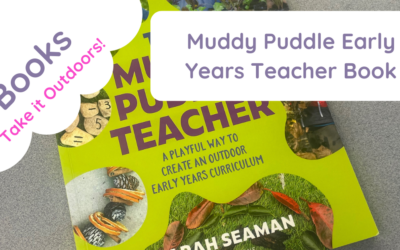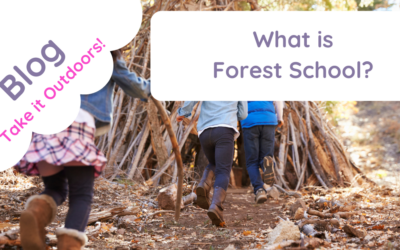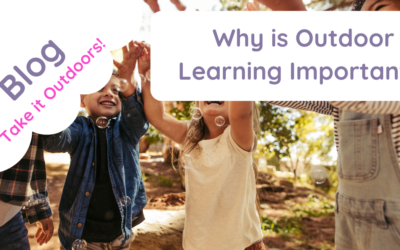Outdoor Teaching Ideas for KS1: Engaging Outdoor Learning Activities Why Outdoor Learning is Essential for KS1 Outdoor...
Play-Based Learning Outdoors: Enhancing Education Through Nature
Mar 12, 2025
What is Play-Based Learning Outdoors? Play-based learning outdoors is an educational approach that integrates play and...
Outdoor Teaching Ideas for EYFS
Mar 12, 2025
Outdoor Teaching Ideas for EYFS: Fun and Engaging Outdoor Learning Activities Why Outdoor Learning Matters for EYFS...
Outdoor Learning Teaching Ideas
Mar 12, 2025
Outdoor Learning: The Best Teaching Ideas to Engage Students in Nature Discover the Power of Outdoor Learning Outdoor...
Play-Based Learning Outdoors: Enhancing Education Through Nature
Mar 8, 2025
What is Play-Based Learning Outdoors? Play-based learning outdoors is an educational approach that integrates play and...
Learning Outside the Classroom: The Key to Outdoor Learning Success
Mar 8, 2025
What is Learning Outside the Classroom? Learning outside the classroom (LOtC) is an educational approach that takes...
What is Outdoor Education? A Complete Guide for Schools & Educators
Mar 8, 2025
What is Outdoor Education? Outdoor education is a learning approach that takes education beyond the classroom and into...
What is Nature-Based Learning? The Key to Outdoor Learning Success
Mar 8, 2025
What is Nature-Based Learning? Nature-based learning is an experiential education approach that takes learning beyond...
The Joys of Forest School
Mar 8, 2025
What is Forest School? Forest School is an innovative outdoor learning approach that encourages child-led exploration,...
What is Outdoor Learning?
Mar 8, 2025
What is Outdoor Learning? Outdoor learning is an innovative, hands-on approach to education that takes place outside...
Outdoor Learning Funding
Dec 2, 2024
Supporting Outdoor Learning Funding: Grant Opportunities for Special Schools Outdoor learning is an invaluable...
Ways to Improve Outdoor Play Spaces
Nov 18, 2024
Outdoor early years settings are becoming increasingly popular as educators and parents recognize the immense benefits...
10 Gunpowder Plot Ideas (Outdoors)
Nov 9, 2024
10 Gunpowder Plot Activity Ideas with the Muddy Puddle Teacher Approach Bring the history of the Gunpowder Plot to...
What is Forest School?
Jul 9, 2024
What is Forest School? Forest School is a transformative approach to education that takes students beyond the confines...
Government Policy on Outdoor Learning
Jul 9, 2024
Government Policy on Outdoor Learning: A Pathway to Holistic Education Outdoor learning is a transformative approach...
Outdoor Learning Theory
Jul 9, 2024
Outdoor Learning Theory: A Pathway to Holistic Education Outdoor learning theory is a transformative approach to...
Why is Outdoor Learning Important?
Jul 9, 2024
Why is Outdoor Learning Important? Outdoor learning is a powerful educational tool that has gained significant...
The Top 5 Benefits of Outdoor Learning in Primary Schools
Jul 2, 2024
The Top 5 Benefits of Outdoor Learning in Primary Schools Outdoor learning is becoming increasingly recognized for its...
New In

Teachers for Teachers ( Questions Answered)
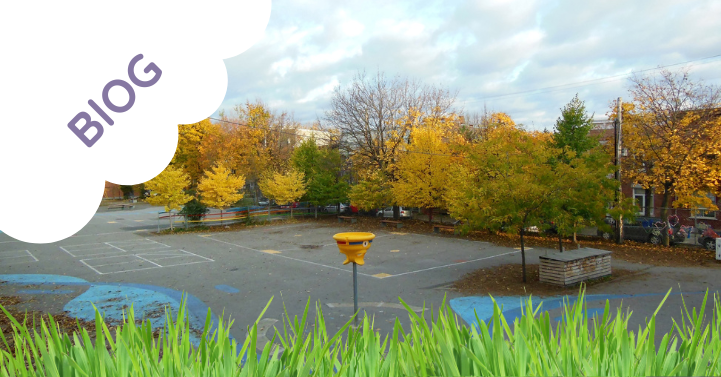
Inch vs CM
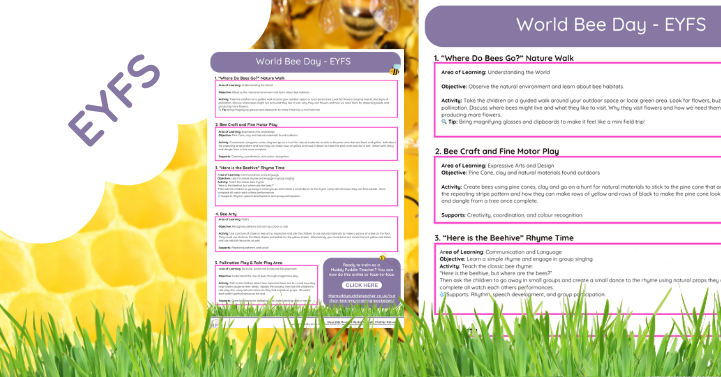
World Bee Day EYFS
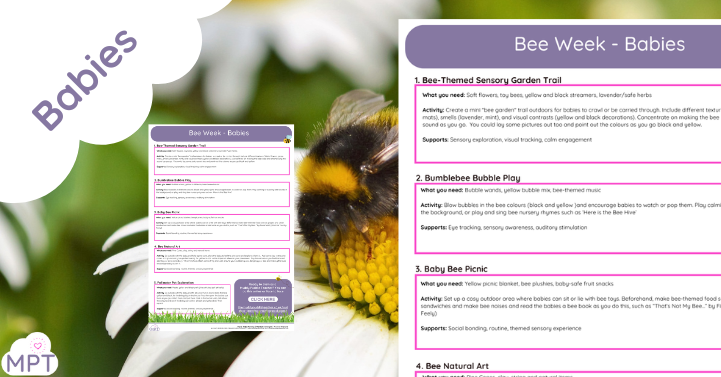
World Bee Day (Babies)

100 Ways to Plan an Outdoor Lesson

What Is Outdoor Learning in Schools?
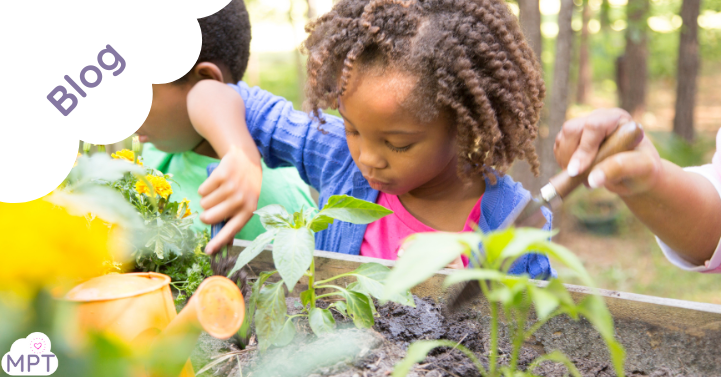
100 Benefits of Outdoor Learning

The Benefits of Outdoor Learning

100 Nature Activities KS1: Inspiring Outdoor Learning and Play












